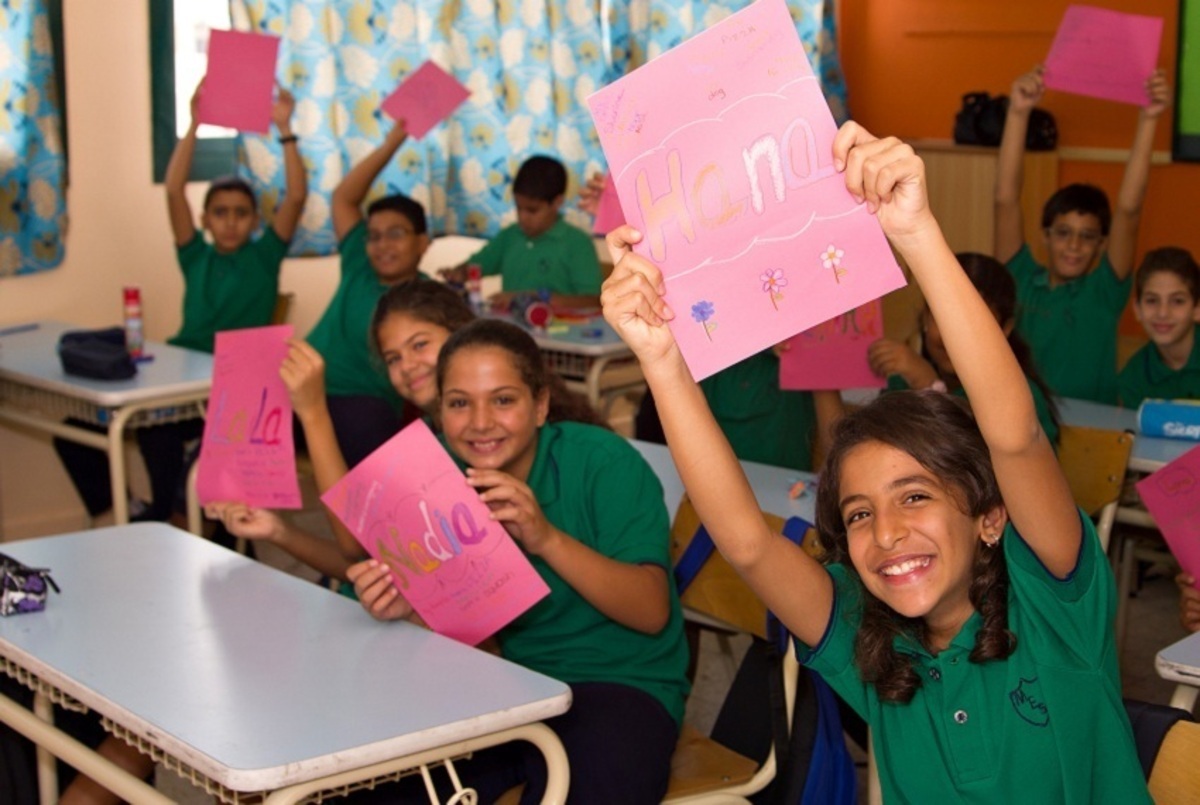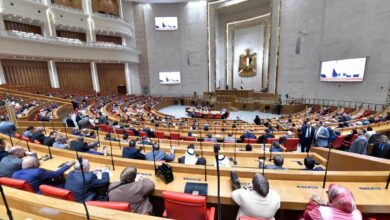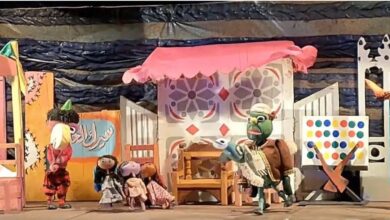
Rafat Fayyad, an education expert, stated that international schools were originally intended for the children of foreign communities and not for Egyptians.
However, since 2004, there has been a growing trend of establishing international schools, starting with a Canadian international school and then expanding to include English, French, and German schools.
Nevertheless, these schools did not teach Arabic or history, posing a problem for Egyptian students who lacked knowledge of their country’s history and were unable to speak Arabic.
Fayyad added, in a phone-in interview on Extra News channel, that the Ministry of Education is considering a decision regarding the teaching of Arabic and religious education in international schools, starting from the first year of primary school until the third year of preparatory school.
He explained that, starting from the fourth year of primary school until the third year of preparatory school, a social studies subject will be added, which includes history and geography.
He noted that for the secondary stage, religious education will be taught, but it will not be added to the student’s overall grade. Students will study Arabic and history as part of the core subjects for their final certificate.
Fayyad pointed out that the Minister of Education has issued decisions regarding the development of education in Egypt, characterized by boldness and breaking the status quo in the educational process.
These decisions tackle four main challenges such as addressing the teacher shortage, which has reached about 470,000 teachers; providing classrooms to reduce overcrowding, after a shortage of 250,000 classrooms; and bringing students and teachers back to school, after it was decided that 40 percentage of a student’s grade would be based on attendance, absence, behavior, monthly exams, and notebook exams, while 60 percentage would be based on the end-of-year exam.




